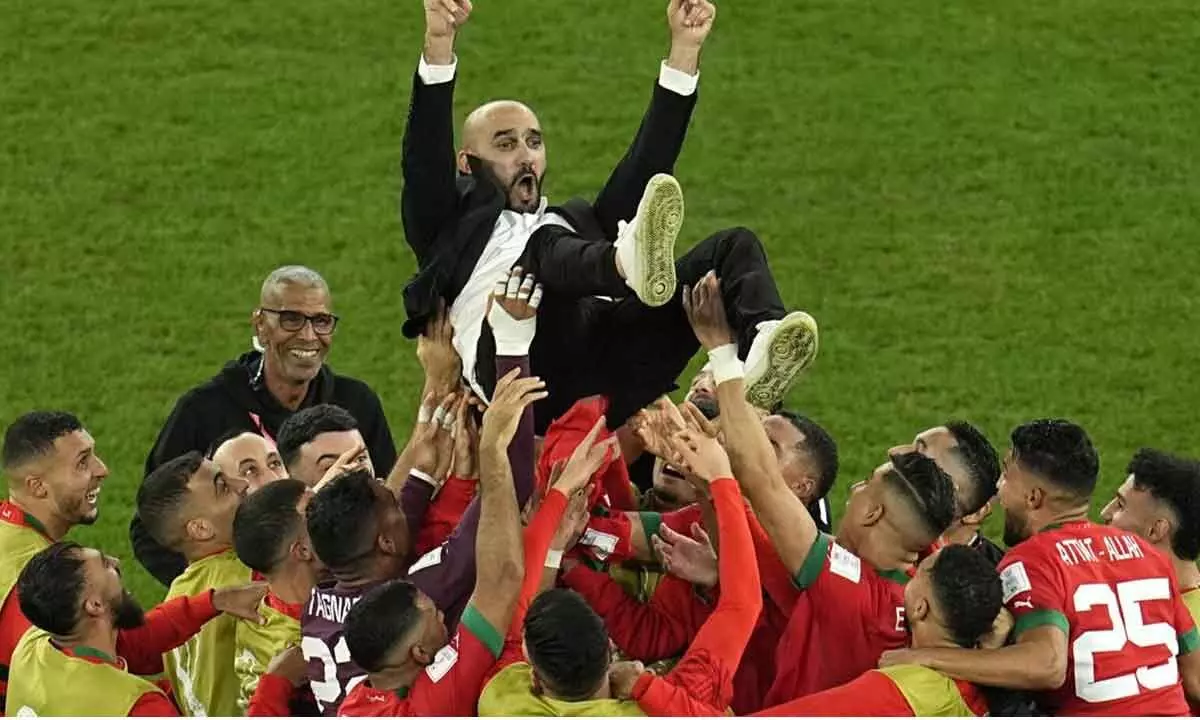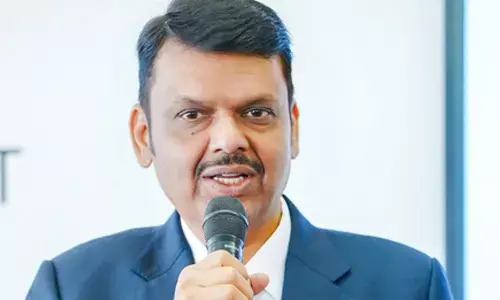Bigger the better? Next World Cup will jump to 48 teams

The next World Cup will be the biggest ever after world soccer body FIFA took the leap from a 32-team field to 48 teams in 2026.
Doha: The next World Cup will be the biggest ever after world soccer body FIFA took the leap from a 32-team field to 48 teams in 2026.
It means more of soccer's so-called "little teams" that didn't make it to Qatar will be given a chance of a lifetime when the tournament is hosted by the United States, Canada and Mexico. That could be great news for everyone who was entertained by Saudi Arabia's stirring upset of Lionel Messi's Argentina at this World Cup, Japan's two wins over former champions Germany and Spain or Morocco's humbling of star-studded Belgium and Spain on its way to an unexpected quarterfinal run.
More surprises surely await in four years. Still, it's not clear to everyone that bigger is better. While 48 teams might increase the chances of fairytale moments such as Saudi Arabia's 2-1 win over Argentina in the group stage, there's also a good chance of the opposite: more one-sided games that may take some of the shine off a tournament that is meant to be the best vs. the best. Spain 7, Costa Rica 0 also happened at this World Cup. As did England's 6-2 rout of Iran, France's 4-1 dismantling of Australia and Qatar becoming the first host country to lose its three group stage matches. FIFA will need to dig even deeper into the lower levels of international soccer to get from 32 to 48.
"It means that we will have to find 16 more good teams," said Arsene Wenger, FIFA's Chief of Global Football Development and a central figure in making a 48-team World Cup workable. FIFA is still promoting the expansion as an upgrade and good for the global game. All continents will have more slots and FIFA says opening soccer's marquee event to more of its 211 member countries or territories should have an impact beyond the teams, with the prospect of even more eyes on TV screens and more kids inspired to kick balls across the globe.
"I am convinced that if the teams, the countries have more opportunities to go to the world stage, it will do more for (soccer) development inside that country," Wenger said. Qatar's World Cup is the first in the Middle East and the furthest FIFA has ventured from the game's heartlands in Europe and South America.
That decision has provoked its own harsh criticism but the on-field action might have been a timely advert for the 48-team plan, which FIFA announced in 2017 and has had to defend ever since over doubts about what the exact format will be. In Qatar, Japan was one of three Asian teams to qualify for the last 16, which had never happened before. African teams collected more points in the group stage than ever. Morocco topped a group containing 2018 World Cup runner-up Croatia and semifinalist Belgium, and advanced to the quarterfinals by beating Spain on penalties on Tuesday. Cameroon signed off by beating Brazil, the first time an African team has conquered the five-time champion and soccer's most celebrated team at a World Cup. "Just look at how the World Cup is unfolding," said Senegal coach Aliou Cisse.








